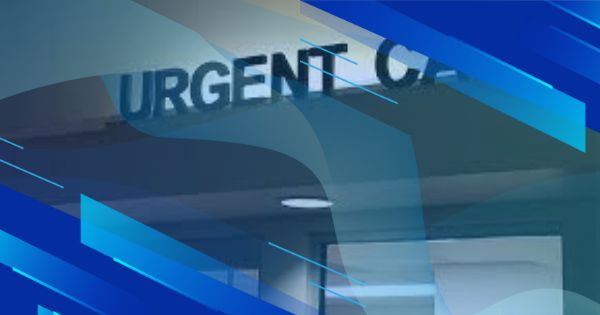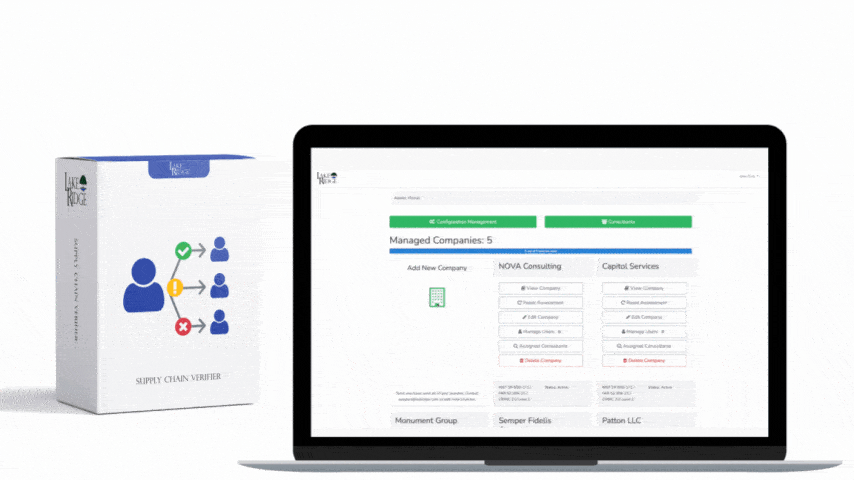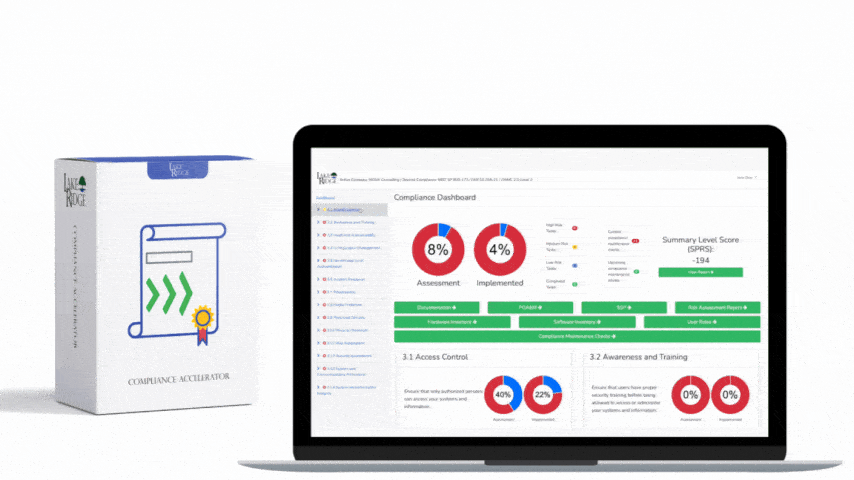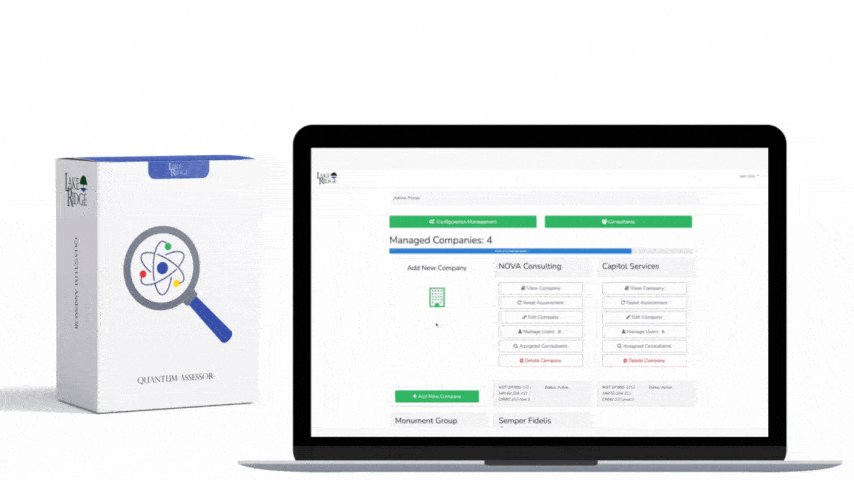Compliance with HIPAA Privacy Rule in Urgent Care Facilities
Healthcare professionals must pay special attention to three main aspects of the HIPAA Privacy Rule during emotionally charged emergency situations: disclosing only the essential information, preventing unintended sharing of health information, and ensuring patients have the chance to consent or object to disclosure.
Addressing the Hurdles of HIPAA Compliance in Urgent Care Settings
In emergency situations, it is often difficult to prioritize patient safety while also complying with HIPAA regulations. However, HIPAA recognizes this challenge and includes certain provisions within the Privacy Rule to allow Covered Entities to fulfill requirements as soon as practicable or implement measures that are reasonable and appropriate given the circumstances. Nevertheless, if the language of the Privacy Rule is interpreted too liberally, it may lead to potential patient complaints to HHS' Office for Civil Rights, compliance investigations, and financial penalties, including the imposition of a Corrective Action Plan. In some states, State Attorneys General can also impose additional civil penalties. Urgent Care Centers, ERs, and other emergency clinics can address the challenges of HIPAA compliance by regularly assessing the risks to Protected Health Information, conducting frequent HIPAA refresher training sessions, and enforcing sanctions on staff members who allow emotions to influence their compliance with the HIPAA Privacy Rule.
The Essential Minimum Standard
According to the minimum necessary standard, Covered Entities must strive to ensure that the use and disclosure of Protected Health Information is limited to the extent necessary to achieve the intended purpose. It is important to note that this standard does not apply to healthcare professionals sharing information for treatment purposes. However, it does apply to disclosures made to other personnel within the Covered Entities and to the patient's family, relatives, and friends.
Providing the Chance to Approve or Disapprove a Disclosure
In the realm of health information sharing, there exists a gray zone of compliance between disclosures permitted without patient authorization and those requiring explicit consent. Within this zone, patients must be allowed the chance to express their agreement or objection to certain actions, such as adding their name to a facility directory for notification purposes. Although healthcare professionals are permitted under the Privacy Rule to use their professional judgment and disclose information in the best interest of the individual, it is essential to remember that this should not be misinterpreted as a loophole to neglect compliance with HIPAA requirements in this particular area.
Unintentional Revealing of Personal Health Data
In instances where health information is accidentally shared during a permitted disclosure, it is not considered a violation of HIPAA regulations if certain conditions are met. These include ensuring that only the necessary amount of information is disclosed, taking the necessary precautions to limit accidental disclosures, and if such incidents are infrequent and not encouraged as the norm. However, if these incidental disclosures become common practice, lead to the unnecessary sharing of excessive health information, and are not prevented by any safeguards, they may be classified as HIPAA violations, and could possibly result in enforcement actions.



